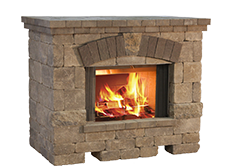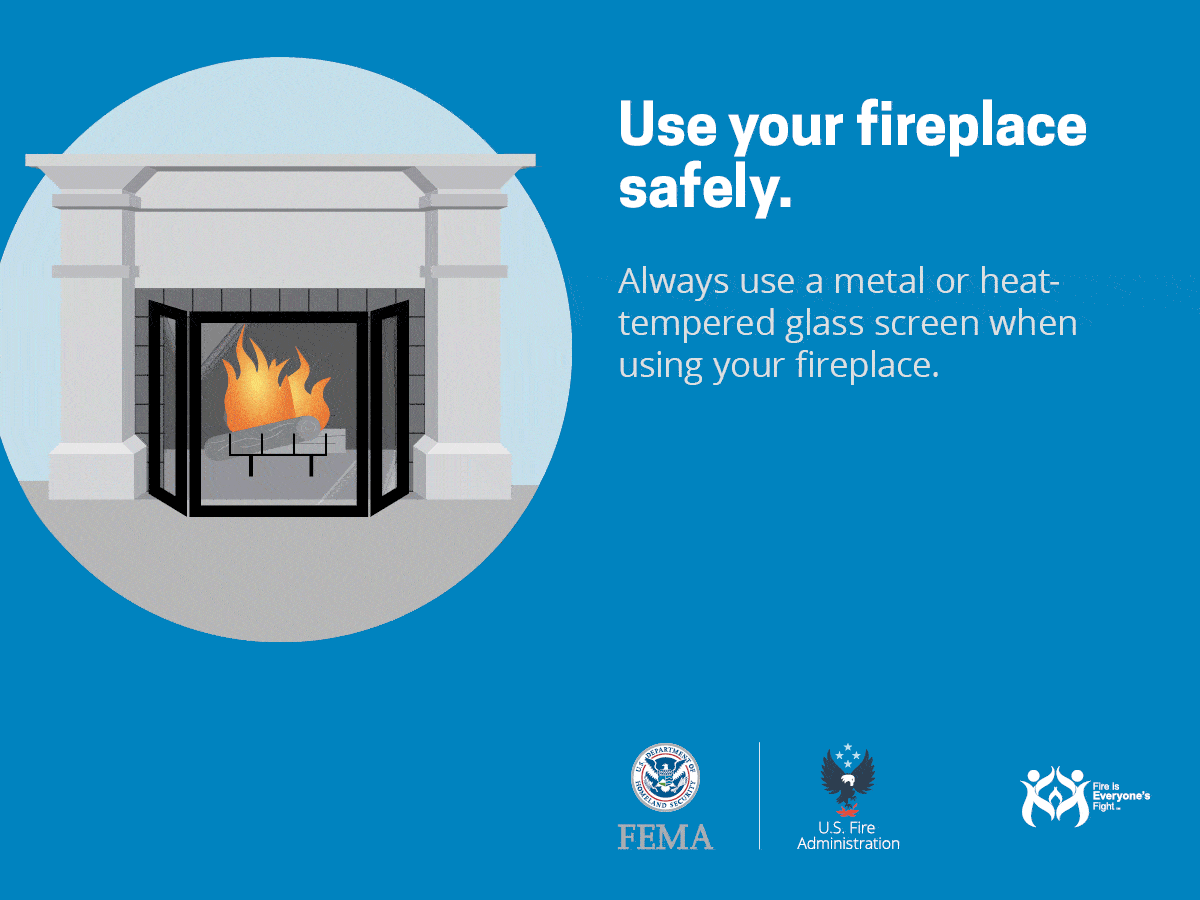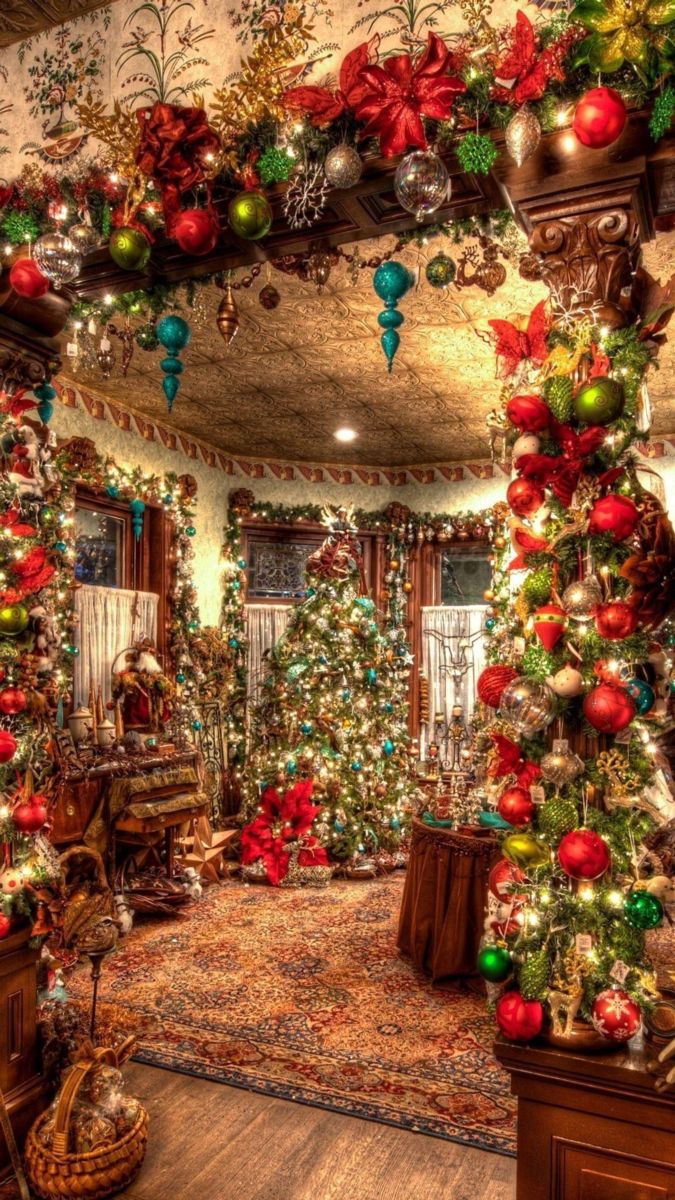 |
| Upcoming Events |
|
09/07/2025 Gun Bingo |
| View All Events |
| 2025 Incidents | |||
| Fire | MVA | Assists / other | |
| Jan | 9 | 4 | 1 |
| Feb | 7 | 10 | 2 |
| March | 16 | 6 | 10 |
| April | 9 | 5 | 13 |
| May | 13 | 8 | 7 |
| June | |||
| July | |||
| August | |||
| Sept | |||
| Oct | |||
| Nov | |||
| Dec | |||
| Total | 54 | 33 | 33 |
| Web Counters | ||||||
|
|
FIREPLACE SAFETY Nothing is quite as cozy as a warm, crackling fire in the fireplace. But if you do not take some simple safety precautions, that fire could turn deadly. Each year, roughly 6,000 people end up in the emergency room for injuries associated with fireplaces and fireplace equipment... most of which involve children under five years old. Approximately 14,000 early house fires are start in a fireplace. Most of these fires escalated beyond the fireplace because of an overloaded fire, a damaged fireplace (missing bricks), obstructed flues, ignition of nearby combustibles, and flying sparks. Keep your family safe and warm by following these fireplace safety tips: • Inspect the fireplace. Make sure it has adequate protective linings and smoke ducts. Check to see that the chimney is clear and in good repair. • If you are installing a factory-made fireplace, it should not be located near any combustible materials. It should also have adequate flame and heat barriers. • Have chimneys inspected annually, and cleaned as necessary, by a CSIA (Chimney Safety Institute of America) Certified Chimney Sweep. This reduces the risk of fires and carbon monoxide poisonings due to creosote buildup or obstructions in the chimneys. To locate a certified sweep, visit the CSIA Web site at www.csia.org or call 1-800-536-0118. A certified sweep can also perform maintenance on your wood stove or help remove gas logs from a fireplace. • Keep the top of chimneys clear of tree limbs or debris. • Install a chimney cap to keep debris and animals out of the chimney. • Always open the damper before lighting the fire and keep it open until the ashes are cool. This will avert the build-up of poisonous gases, such as carbon monoxide. • Fuel the fire safely. For burning firewood in wood stoves or fireplaces, choose well-seasoned wood that has been dried for a minimum of six months to a year and stored properly. • Build it right. Place firewood or fire logs at the rear of the fireplace on a supporting grate. To start the fire, use a firelighter. • Never use gasoline, charcoal lighter or other fuel to light or relight a fire because the vapors can explode. Never keep flammable fuels near a fire. Vapors can travel the length of a room and explode. • Do not use coal or charcoal in a fireplace because of the danger of carbon monoxide build-up. Do not burn trash or gift wrap in the fireplace because polystyrene foam and other coated materials can generate deadly fumes. Flying paper embers could also ignite the roof. • Do not treat artificial logs like real logs. Artificial logs are usually made of sawdust and wax and have special burning properties. Be sure to read the instructions on the logs and follow them carefully. Use just one log at a time and do not add another log until the fire is completely out. Never add an artificial log to a natural wood fire that is already burning. Wait at least two hours before adding an artificial log to a natural log fire because it could cause a flare-up. • Do not poke artificial logs because the flaming wax could stick to the poker and drop onto the floor or carpet. Poking a log could also cause a flare-up. • Home rolled newspaper logs should never be soaked in flammable fuels of any kind because of the severe danger of explosion. Soaking the newspaper in water either before rolling or during rolling removes the clay content and will provide a better burning log. Then, stack the logs on end and let them dry for two weeks in the basement. When lighting the newspaper logs, use kindling just as you would for a regular fire. • Do not overload the fireplace. Large fires can lead to overheating of wall or roof materials, particularly if the fireplace is constructed of metal.
• Always use a screen around the fireplace to keep sparks from flying out and to protect children and adults from accidental clothing ignition. • Warn children about the danger of fire. Do not let them play with fire. • Keep flammable materials such as carpets, pillows, furniture, or papers away from the fireplace area. • At holiday time, make sure the Christmas tree is not close enough to be ignited by a spark. Be especially careful of accidentally igniting holiday wrapping papers. • Always make sure that the fire is completely extinguished before going to bed for the night or when leaving the house
BARBECUE GRILL SAFETY Check your grill thoroughly for leaks, cracking or brittleness before using it.
Make sure the grill is at least 10 feet away from your house, garage, or trees. Store and use your grill on a large flat surface that cannot burn (i.e.- concrete or asphalt). Do not use grills in a garage, porch, deck or on top of anything that can catch on fire. Never use a propane barbecue grill on a balcony, terrace, or roof. It is both dangerous and illegal. Keep children away from fires and grills. It is a good idea to establish a safety zone around the grill and instruct children to remain outside the zone. A chalk line works great for this purpose. Have a fire extinguisher, a garden hose attached to a water supply, or at least 16-quarts of water close by in case of a fire. Before getting a propane cylinder filled, check for any damages to it. Never transport or store propane cylinders in the trunk of your automobile. DURING BARBECUING:
AFTER BARBECUING:
IN CASE OF A BARBECUE FIRE:
HOLIDAY SEASON SAFETY Christmas is a special time of year and should not end in tragedy because of the extra hazards presented due to the holidays. Here is some advice on how to keep your family and your home safe this holiday season: Christmas Lights: Decorative lights get used much less often than your everyday lights, and they need more care. Check the fuses are the right type (see the box for the Holiday Decorations: Decorations made of light tissue paper or cardboard burn easily. Keep children away from light sets and electrical decorations. All lights present the problem of shock and casualty hazards for curious kids. When you are stringing the lights on your tree, be careful how you place them. Keep all bulbs turned away from gifts and paper ornaments. Lights in windows can cause curtains and drapes to ignite. Candles are a traditional and beautiful part of the season. But they are still a direct source of fire in your home. Keep candles a safe distance from other things. And remember that a flickering flame is a thing of fascination to little children. Keep candles out of their reach. • Never use lighted candles on a tree or near other evergreens.
Christmas Trees Safety: Special fire safety precautions need to be taken when keeping a live tree in the house. A burning tree can rapidly fill a room with fire and deadly gases. When you bring a tree home, cut about an inch off the bottom of its trunk. This will remove the dried end and allow the tree to absorb water. Make checkerboard cuts into the base at different angles to make a greater surface for water absorption. Always turn off lights on trees and other decorations when you go to bed or leave your home. A short circuit in any of this equipment could cause a fire. Never use electric lights on a metallic tree. Damaged insulation in lighting on a metallic tree could cause the entire tree to be charged with electricity. To avoid this danger, use colored spotlights above or beside a metal tree, never fastened onto it.
Selecting a Tree for Christmas: Needles on fresh trees should be green and hard to pull back from the branches, and the needle should not break if the tree has been freshly cut. The trunk should be sticky to the touch. Old trees can be identified by bouncing the tree trunk on the ground. If many needles fall off, the tree has been cut too long, has probably dried out, and is a fire hazard. Caring for Your Christmas Tree: Do not place your tree close to a heat source, including a fireplace or heat vent. The heat will dry out the tree, causing it to be more easily ignited by heat, flame, or sparks. Be careful not to drop or flick cigarette ashes near a tree. Do not put your live tree up too early or leave it up for longer than two weeks. Keep the tree stand always filled with water. Disposing of Your Christmas Tree: Never put tree branches or needles in a fireplace or wood burning stove. When the tree becomes dry, discard it promptly. The best way to dispose of your tree is by taking it to a recycling center or having it hauled away by a community pick-up service. Safety Oriented Christmas Gifts: One of the best Christmas gifts you can get someone is a smoke detector. A smoke detector is worth so much, possibly a loved one's life, yet so inexpensive. Over 90 percent of fire deaths occur in residential dwellings between 11 p.m. and 6 a.m. when occupants are asleep. Smoke detectors alert occupants when a fire is still small and there is still time to escape.
Holiday Plants: Holly and mistletoe can be fatal to a small child and the smaller the child, the smaller the dose that can cause serious medical problems. Poinsettia leaves are not fatal if swallowed but can cause a skin rash and an upset stomach. Call 9-1-1 if your children ingest either of these holiday plants. |


 Check the tubes leading to the burner regularly for blockages. Check with your specific grill manufacturer's instructions.
Check the tubes leading to the burner regularly for blockages. Check with your specific grill manufacturer's instructions.
 maximum size of fuse you should use).
maximum size of fuse you should use).
